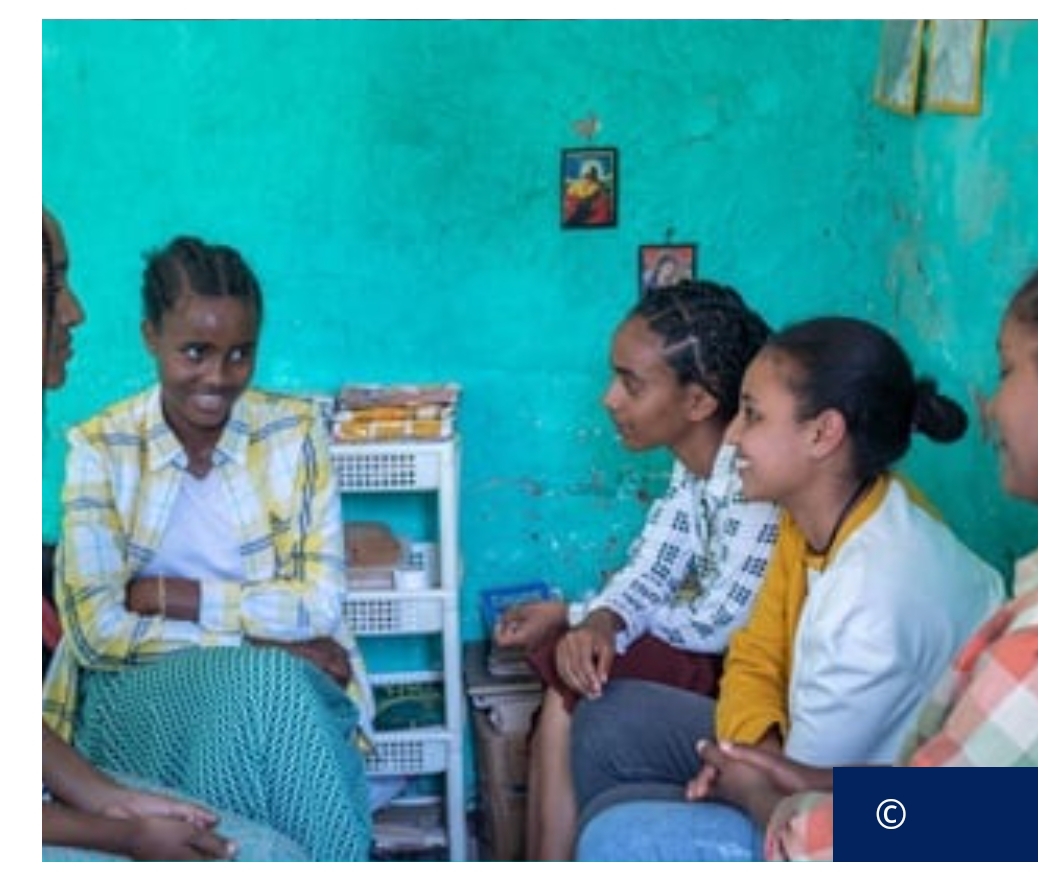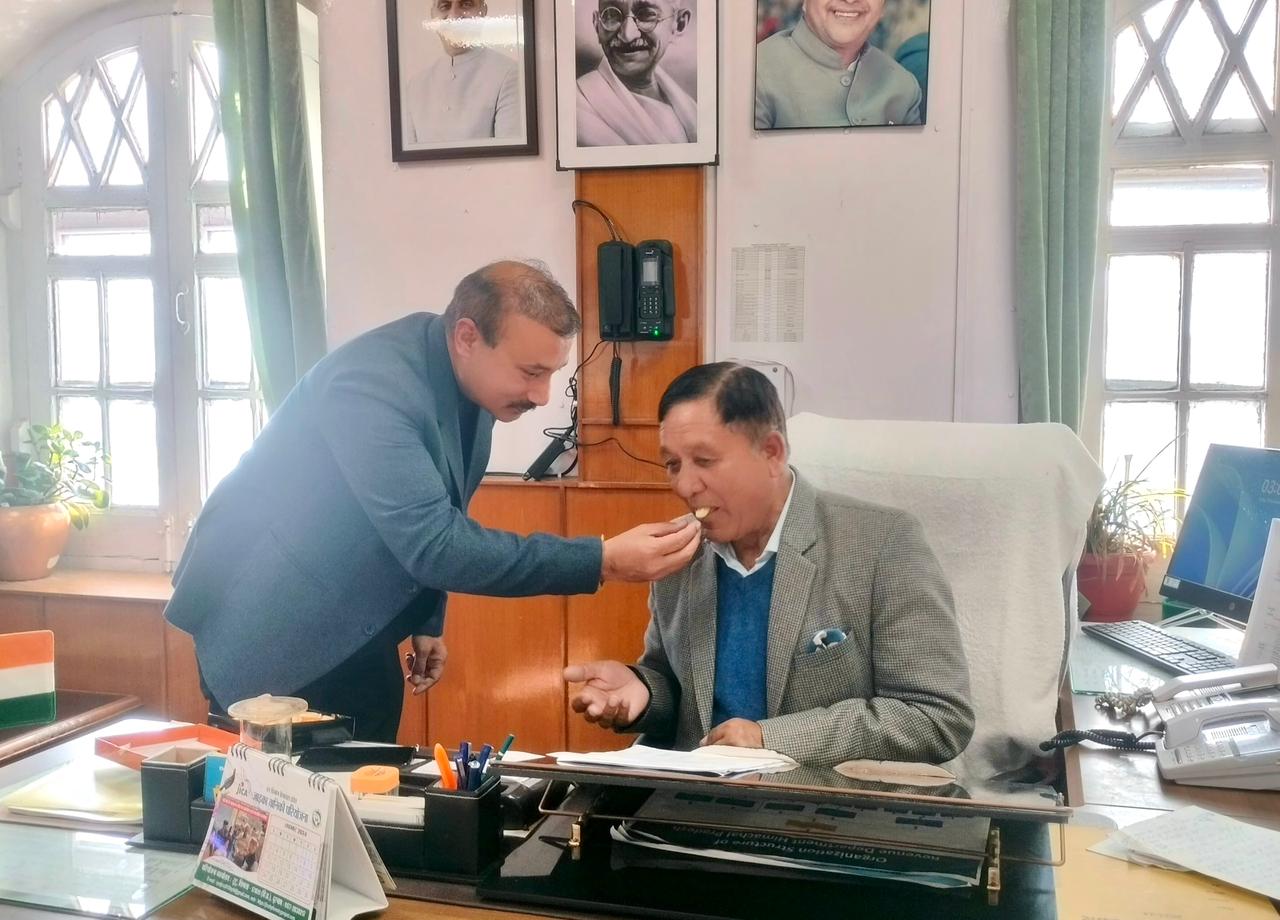WHO Issues Urgent Call to End “Medicalization” of Female Genital Mutilation in New Guidelines.
Geneva:
The World Health Organization (WHO) has released a powerful new guideline urging immediate global action to curb the increasing trend of “medicalization” of female genital mutilation (FGM), where the harmful practice is performed by health professionals. The guideline, titled The prevention of female genital mutilation and clinical management of complications, calls on health workers, governments, and communities to step up efforts to prevent FGM and provide compassionate care to survivors.
According to WHO, as of 2020, approximately 52 million women and girls worldwide — about one in four affected individuals — have undergone FGM at the hands of health professionals. This shift towards “medicalized” FGM is deeply concerning, as it not only continues to cause physical and psychological harm but also risks giving the harmful practice a false sense of legitimacy.
“Female genital mutilation is a severe violation of girls’ rights and critically endangers their health,” stated Dr Pascale Allotey, WHO’s Director for Sexual and Reproductive Health and Research. “Health workers must be agents for change, not perpetrators. They must provide high-quality, evidence-based care to survivors while firmly rejecting participation in this harmful tradition.”
FGM, typically carried out on girls before puberty, involves the partial or total removal of external female genitalia for non-medical reasons. Despite being illegal in many countries, the practice persists in over 30 nations, particularly in parts of Africa, the Middle East, and Asia. WHO warns that when performed by medical professionals, the procedure may lead to more severe physical damage due to deeper incisions and may undermine long-standing efforts to eradicate the practice entirely.
To combat this, WHO’s guideline strongly recommends incorporating explicit bans on FGM within professional codes of conduct for healthcare workers. It also calls for increased training for doctors, nurses, and midwives on how to resist requests to perform FGM, and how to educate communities on its serious health risks.
Christina Pallitto, the WHO scientist who led the guideline’s development, emphasized that health workers are uniquely positioned to lead the cultural shift. “Research shows that health workers can be influential opinion leaders in changing attitudes on FGM. Engaging them is essential for both prevention and survivor support.”
In addition to prevention strategies, the guideline includes detailed clinical recommendations for managing both immediate and long-term complications from FGM, such as chronic pain, infections, childbirth complications, and trauma. It advocates for holistic care services including mental health support, obstetric risk management, and, when necessary, surgical repair.
The guideline also emphasizes the importance of grassroots education and involving men and boys in awareness campaigns to shift community attitudes. Countries like Burkina Faso, Sierra Leone, and Ethiopia have made significant progress — reducing FGM rates among teenage girls by up to 50% over the past three decades — through legal action and community mobilization.
Although the likelihood of a girl undergoing FGM has declined threefold since 1990, WHO cautions that around 4 million girls remain at risk annually. The new guideline offers a roadmap for countries to accelerate progress and ultimately eliminate the practice worldwide.


